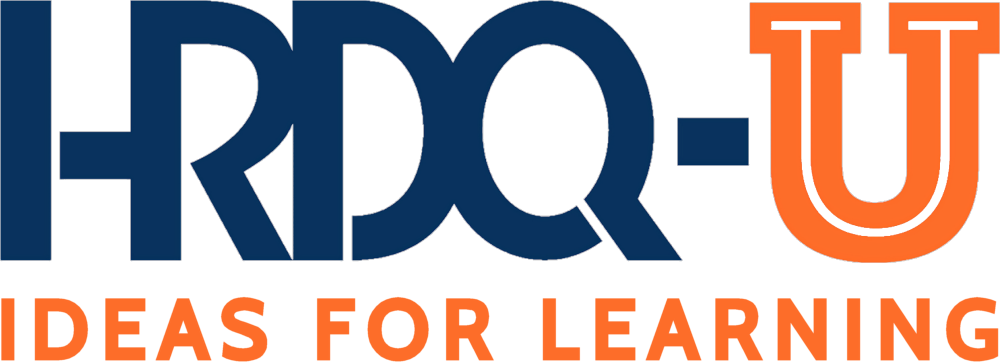The Cost of Avoiding Hard Conversations
Employee engagement is an ever-elusive goal for many companies, and recent survey data from Gallup found that things still aren’t in a good place. In a survey from the first half of 2025, they found that:
- 47% of employees strongly agree that they know what is expected of them at work
- 32% feel strongly connected to their organization’s mission or purpose
- 28% strongly agree that their opinions count at work
- 29% say they lack clear, honest, or consistent communication from leaders.
And with increasingly complex and chaotic environments in our US economic and political landscapes, open communication with employees during difficult times is vital. In fact, 96% of leaders in a 2022 State of Business Communication report agreed that effective communication is the backbone of their business. Unfortunately, that same report found that employees are wasting up to 18% of their salary or 7.47 hours a week on miscommunication issues.
The reality is that an engaged and thriving culture doesn’t happen by chance – no matter how much leaders wish that was the case! Leaders set the tone when it comes to building trust in the workplace, and what they say/don’t say sends a message. As a leader, you have to make the choice whether you want to be sending those messages intentionally or unintentionally.




























